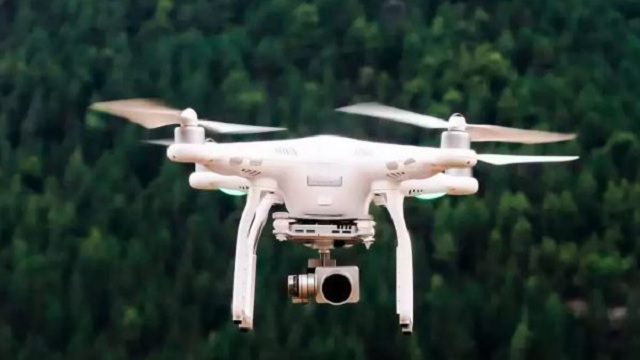Serbian authorities said they raised military aircraft on Tuesday after surveillance drones were said to have been spotted near Serbia’s border with Kosovo, while authorities in Pristina dismissed the claims as untrue aimed at destabilizing Kosovo.
The Serbian Prime Minister, Ana Brnabic, told Radio Television of Serbia that “unmanned aerial vehicles have observed and recorded in the ground security area and two barracks of the Serbian army, and the president (Aleksandr Vucic) has ordered the strengthening of air security”, referring to announcements about the commitment of Mig-29 aircraft.
“If something like this happens again, we will shoot down every such flyer”, said the Serbian Prime Minister.
There was no reaction from the NATO peacekeeping forces that have increased controls in the north of Kosovo to “maintain a calm and safe environment”.
The Minister of Defense of Kosovo, Armend Mehaj, in a post on social networks rejected the claims of the Serbian authorities, stressing that they aim to create a “pretext for increasing the number of Serbian army troops around the border with the Republic of Kosovo, as a means of the spread of a state of panic on the citizens of both states”.
Such announcements were made shortly after the Serbian army was said to have been put on alert due to the situation in Kosovo on the day when authorities began implementing the decision of the central government in Pristina to warn Serbian citizens in northern Kosovo of the deadlines. for exchanging car license plates issued by Serbia with those of Kosovo.
The warnings came despite calls from the United States and the European Union for Kosovo to postpone for ten months the implementation of the decision to convert car license plates, an issue that has in the past fueled high tensions with Serbia, which opposes Kosovo’s independence.
Both countries are involved in a long process of negotiations for the normalization of relations between them, which is a condition for progress towards integration into the European Union.
The United States has recently joined efforts for a deal between the parties, calling for a break in the process in light of concerns that the situation surrounding the war in Ukraine and Serbia’s close ties with Russia could worsen things on the ground.
Both sides are currently considering a Franco-German proposal backed by Washington for an agreement out of the public eye, but the details have not yet been made public.








